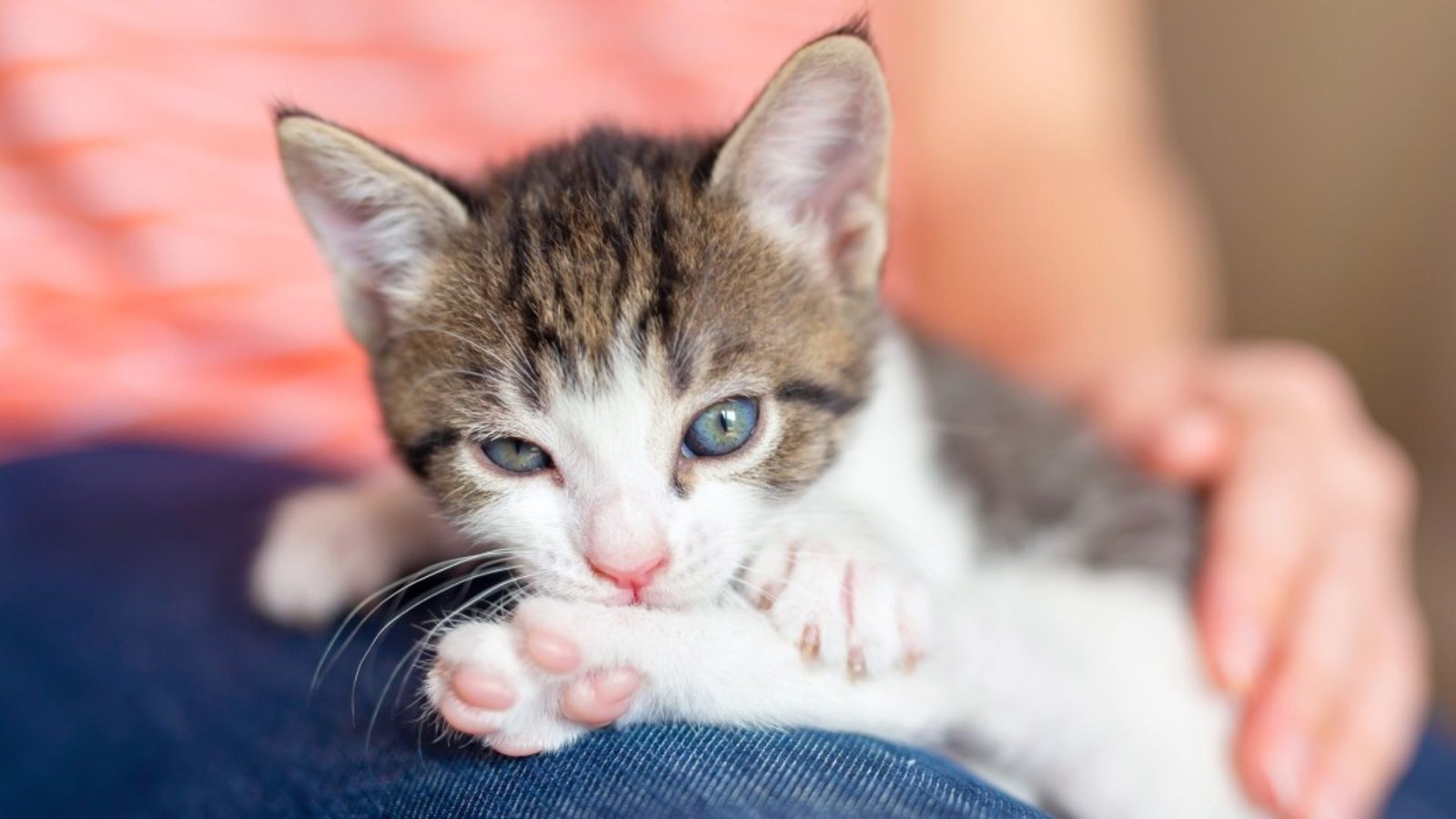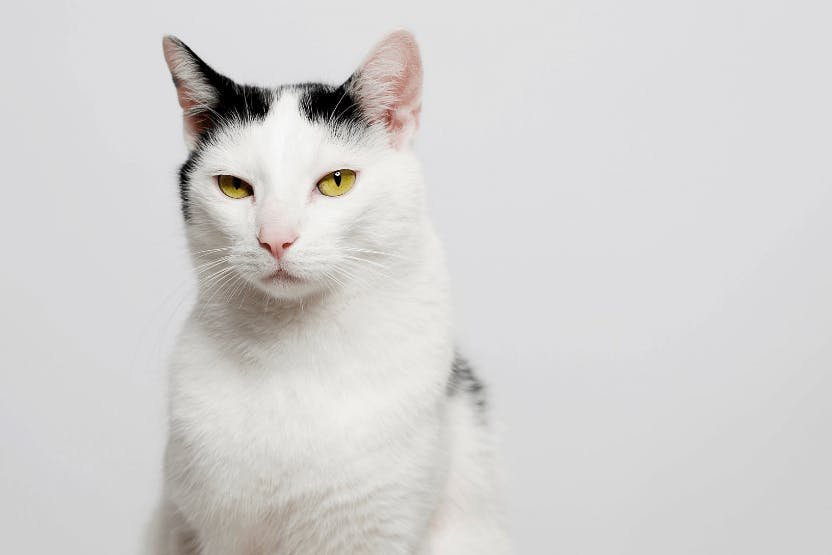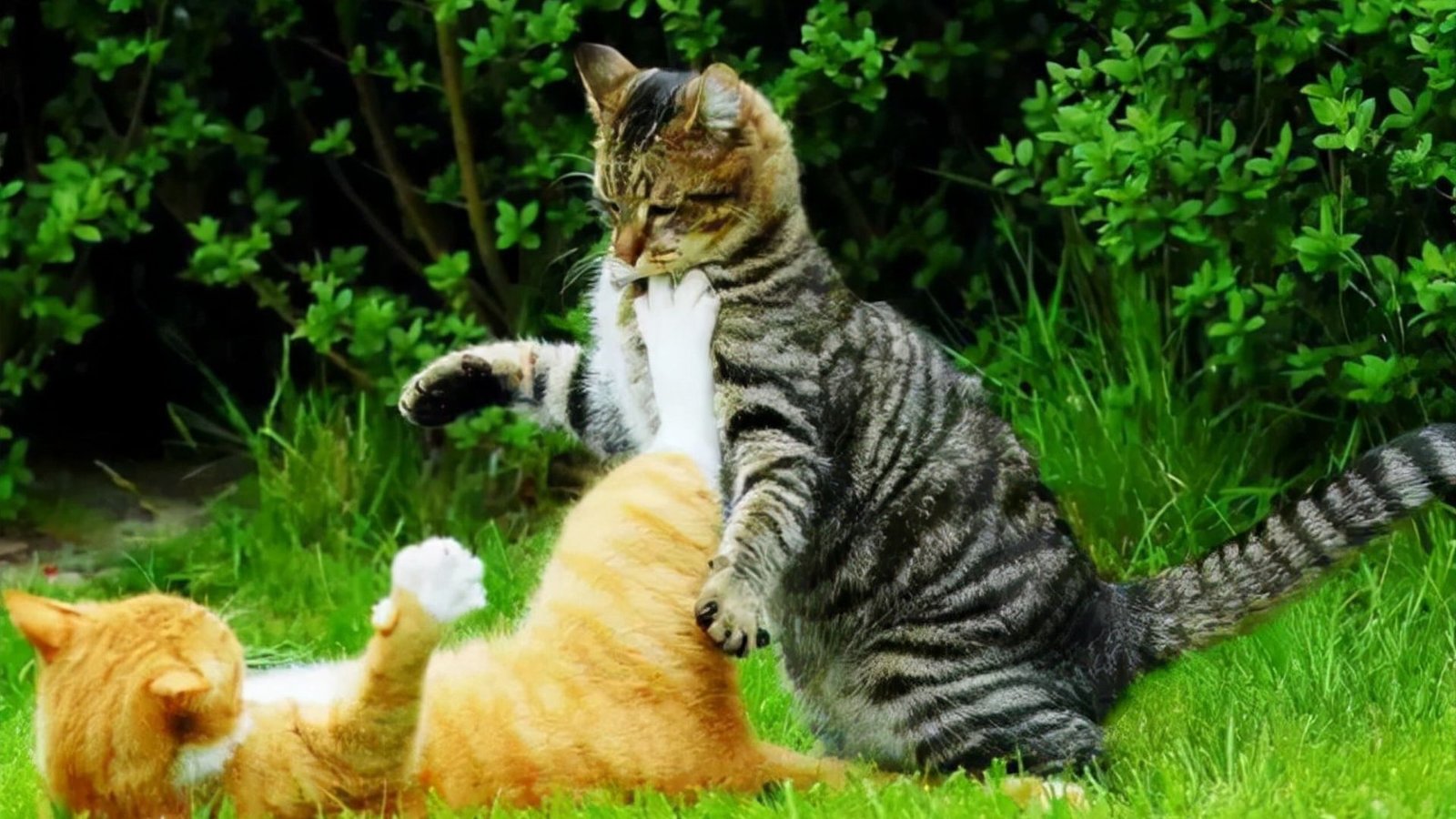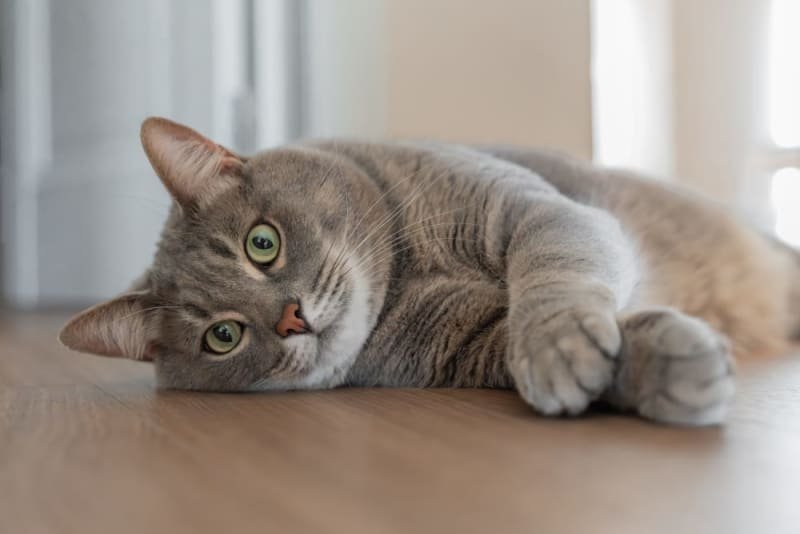Caring for a male cat involves understanding their needs and ensuring they’re happy, healthy, and well-adjusted. Whether you’ve just adopted a male kitten or you’ve got an older cat, proper care is key. In this article, we’ll guide you through the essential steps of how to care for male cats properly to help them thrive.
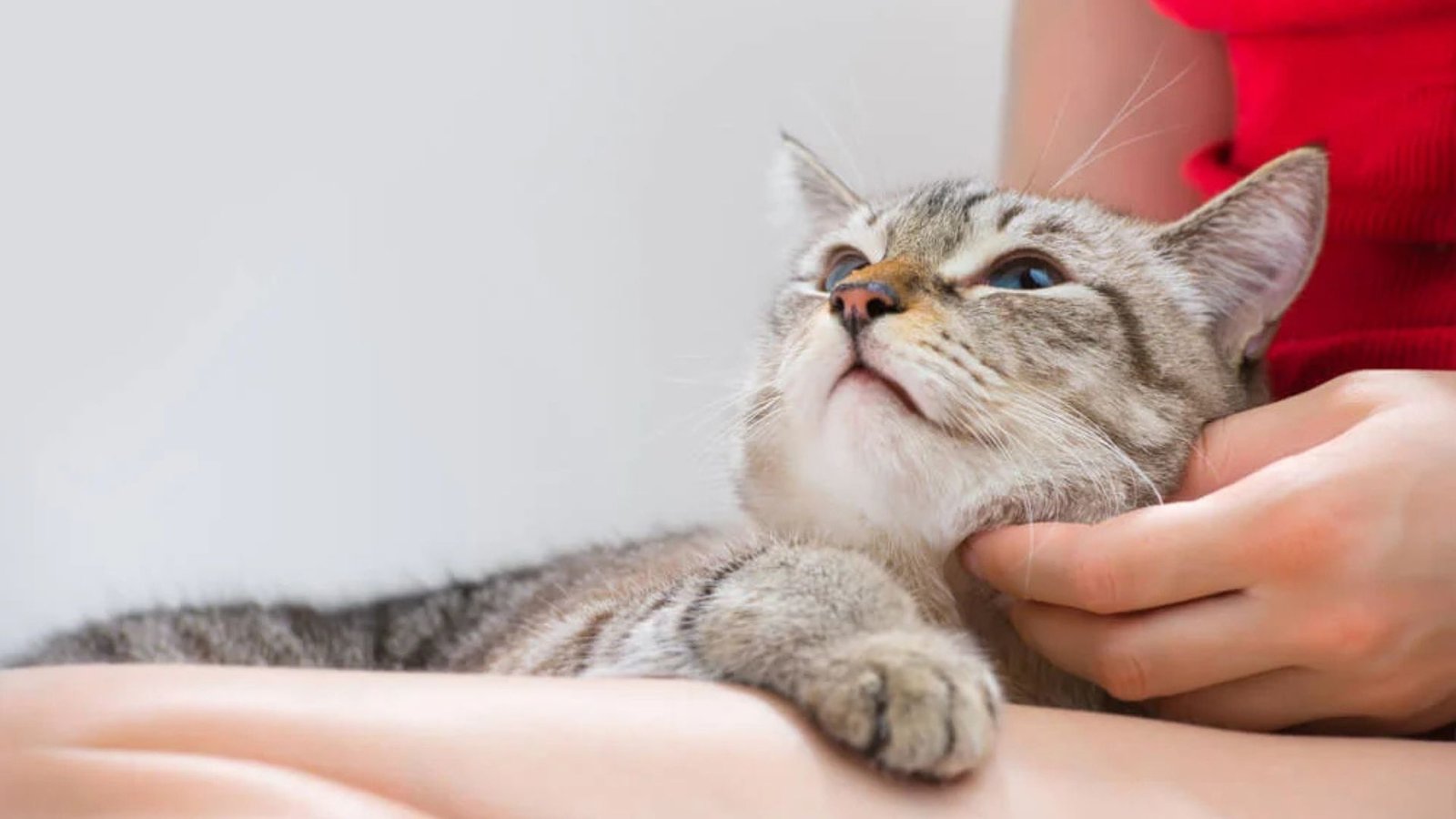
1. Ensure a Balanced Diet
A proper diet is the foundation of good health. How to care for male cats properly starts with feeding them the right food. Male cats need high-quality cat food that provides the right balance of protein, fat, and essential nutrients. Look for food that’s labeled as suitable for their age (kitten, adult, or senior), and always provide fresh water.
Male cats, especially neutered ones, can be prone to weight gain. So, be careful not to overfeed, and make sure to measure portions. If your cat has trouble maintaining a healthy weight, you might need to consult a vet for advice on portion control or dietary adjustments.
2. Regular Vet Visits
Regular check-ups are important for all cats, and male cats are no exception. How to care for male cats properly involves keeping them up to date on vaccinations, flea prevention, and overall health. A vet can also monitor for common male cat issues like urinary tract problems and testicular health.
Neutering your male cat is another important step. Neutering not only helps prevent unwanted litters but also reduces the risk of certain health problems and behavioral issues, such as aggression or territorial marking.
3. Keep Them Active and Engaged
Male cats are naturally curious and energetic, especially when they’re young. To keep your male cat happy, provide toys and activities that stimulate their mind and body. How to care for male cats properly includes ensuring they get enough exercise to stay fit and mentally engaged. Interactive toys, scratching posts, and climbing structures like cat trees are great for encouraging play.
Playtime also strengthens the bond between you and your cat. Try to engage your male cat in short play sessions every day to prevent boredom and destructive behavior.
4. Grooming Is Essential
Even though cats groom themselves, how to care for male cats properly also involves regular brushing, especially for long-haired breeds. Brushing helps prevent matting, reduces shedding, and decreases the amount of hairballs your cat may cough up. It also helps to remove dirt and loose fur from their coats, keeping their skin healthy.
In addition to brushing, check their ears regularly for signs of infection, trim their claws if needed, and brush their teeth with a special cat toothbrush to avoid dental problems.
5. Provide a Safe and Comfortable Environment
Male cats, especially if they’re not neutered, can be very territorial. Make sure to give your male cat a peaceful and safe environment. Provide them with a quiet space where they can retreat when they feel stressed or need some alone time. If you have other pets, be mindful of your male cat’s need for personal space.
For outdoor cats, it’s important to keep them safe. Male cats are more likely to roam, get into fights with other cats, or face accidents. Consider keeping your male cat indoors to ensure his safety, or supervise his outdoor time.
6. Litter Box Maintenance
A clean litter box is essential for a happy cat. How to care for male cats properly includes keeping their litter box clean and in a quiet area where they can access it easily. Male cats can sometimes mark their territory, especially if they are not neutered. Neutering usually reduces this behavior, but if your male cat still marks, make sure to clean accidents thoroughly with an enzymatic cleaner to remove the scent and prevent repeat markings.
You should scoop the litter box daily and replace the litter completely once a week. If you have multiple cats, you should provide one litter box per cat plus an extra one to avoid territorial issues.
7. Monitor Their Behavior
Understanding your male cat’s behavior is key to proper care. How to care for male cats properly means being aware of any changes in their habits. If your male cat becomes more aggressive, withdrawn, or shows signs of illness, it could be a sign that something is wrong.
Look out for symptoms like changes in appetite, weight loss, excessive grooming, or difficulty urinating. Male cats, especially older ones, can develop urinary tract issues, so it’s important to monitor their litter box habits and consult a vet if anything seems unusual.
8. Offer Plenty of Affection
Male cats, particularly when neutered, can be very affectionate. Spend quality time with your male cat, petting, talking to him, and sitting with him. How to care for male cats properly also involves giving them the love and attention they crave. Many male cats enjoy being lap cats or curling up next to their owners for a good nap.
However, respect their boundaries. If they seem to want space or become overstimulated, allow them to retreat to a quiet area where they can relax.
Conclusion
Caring for male cats properly requires a mix of attention, proper diet, medical care, and love. By focusing on these important areas—feeding, grooming, providing a safe environment, and ensuring their health needs are met—you can ensure your male cat leads a long, happy life. Whether he’s a playful kitten or a calm older cat, your male cat will thrive with your care and attention.

